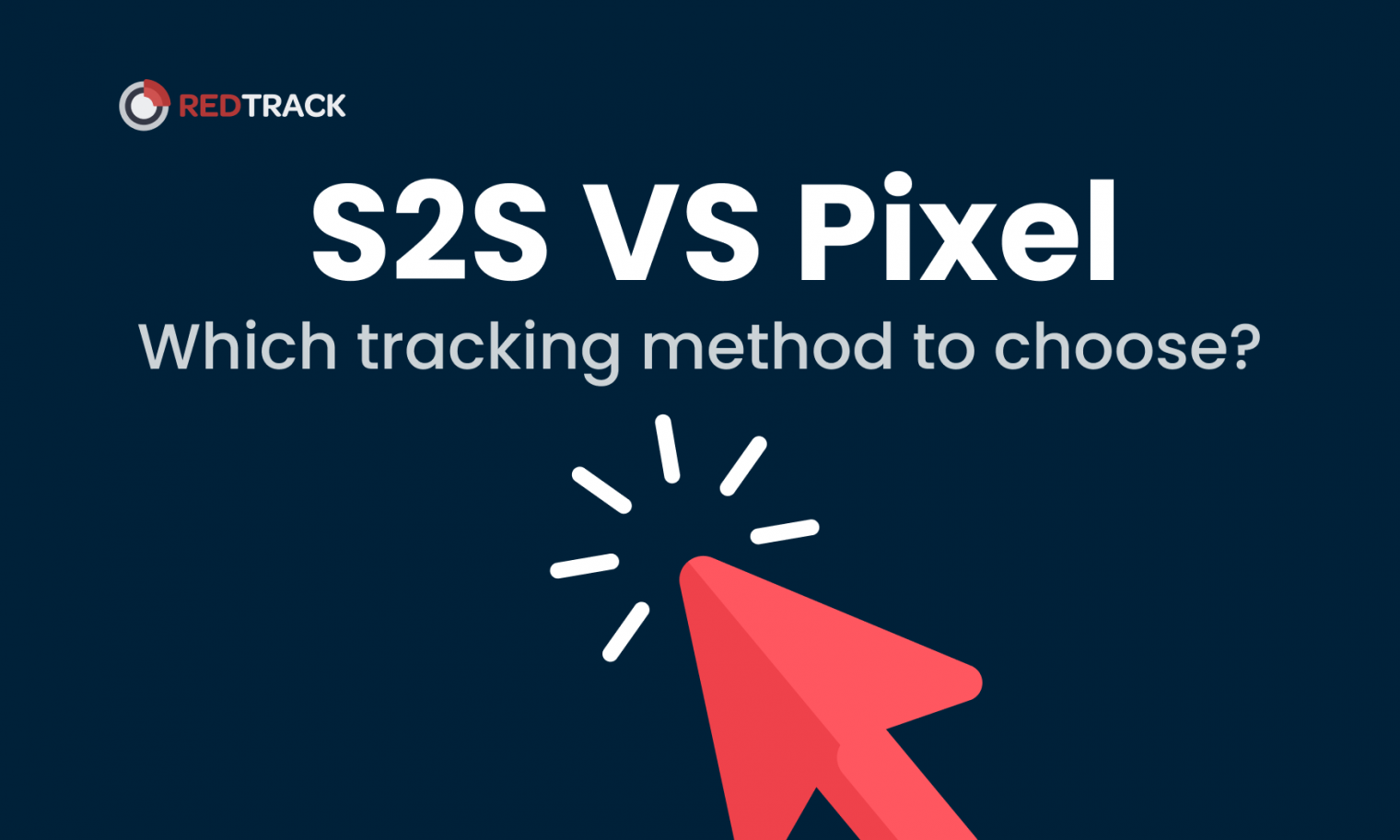
Check our 2-minute video to explore 5 reasons users choose RedTrack as their ad tracking & attribution partner.
An Affiliate Network acts as a bridge between advertisers and affiliates, simplifying the collaboration process and providing a platform for managing and tracking the performance of marketing campaigns.
An Affiliate Network is a platform where advertisers and affiliates converge. Advertisers, also known as merchants, are businesses seeking to promote their products or services. Affiliates, on the other hand, are individuals or entities that market these products or services in exchange for a commission. This network simplifies the process of finding and managing these partnerships, providing tools for tracking, reporting, and payment processing.
The primary role of an Affiliate Network is to facilitate a mutually beneficial relationship between advertisers and affiliates. For advertisers, these networks offer access to a large pool of potential affiliates with varied skills and audience reach. For affiliates, they provide a diverse range of products and services to promote, along with reliable tracking and payment systems.
Affiliate Networks operate by providing a platform where advertisers can list their affiliate programs. Affiliates can then browse these programs and apply to those that align with their audience or expertise. Once accepted, affiliates use unique tracking links or codes provided by the network to promote products or services. The network tracks the performance of these promotions and handles the commission payouts.
Commission structures in Affiliate Networks vary. The most common models include:
Pay-Per-Sale (PPS): Affiliates earn a commission for each sale made through their referral.
Pay-Per-Click (PPC): Affiliates are paid based on the number of clicks generated from their referral links.
Pay-Per-Lead (PPL): Commissions are earned for leads generated, such as sign-ups or form submissions.
Effective tracking and reporting are crucial in Affiliate Networks. These systems monitor actions taken through affiliate links or codes, attributing sales, clicks, or leads to the appropriate affiliate. Reporting tools provide insights into campaign performance, helping both advertisers and affiliates optimize their strategies for better results.
Choosing the right Affiliate Network is crucial. Factors to consider include:
Reputation and Reliability: The network should have a strong track record and be reliable in tracking and payments.
Relevant Offerings: The network should cater to your niche or industry.
Support and Resources: Look for networks that offer support and resources to help you succeed.
While Affiliate Networks offer numerous benefits, there are challenges:
Fraudulent Activities: Both advertisers and affiliates must be vigilant against fraudulent activities such as fake clicks or sales.
Complexity in Managing Relationships: Managing multiple affiliate relationships can be complex and time-consuming.
Chapter 8s: Future of Affiliate Networks
The future of Affiliate Networks is promising, with trends like increased use of data analytics, AI for better matching of advertisers and affiliates, and a focus on mobile platforms. Staying abreast of these trends is crucial for marketers to leverage Affiliate Networks effectively.
Affiliate Networks are a cornerstone in the digital marketing landscape, offering a platform for advertisers and affiliates to collaborate effectively. Understanding their operation, benefits, challenges, and future trends is essential for marketers aiming to utilize these networks for successful marketing campaigns.

Check our 2-minute video to explore 5 reasons users choose RedTrack as their ad tracking & attribution partner.

Join our Facebook group to participate in the discussions, share your insights with like-minded people, and ask for support if needed.

Find out how Financer.com optimized the conversion rates of both organic and paid traffic by 60% with RedTrack.